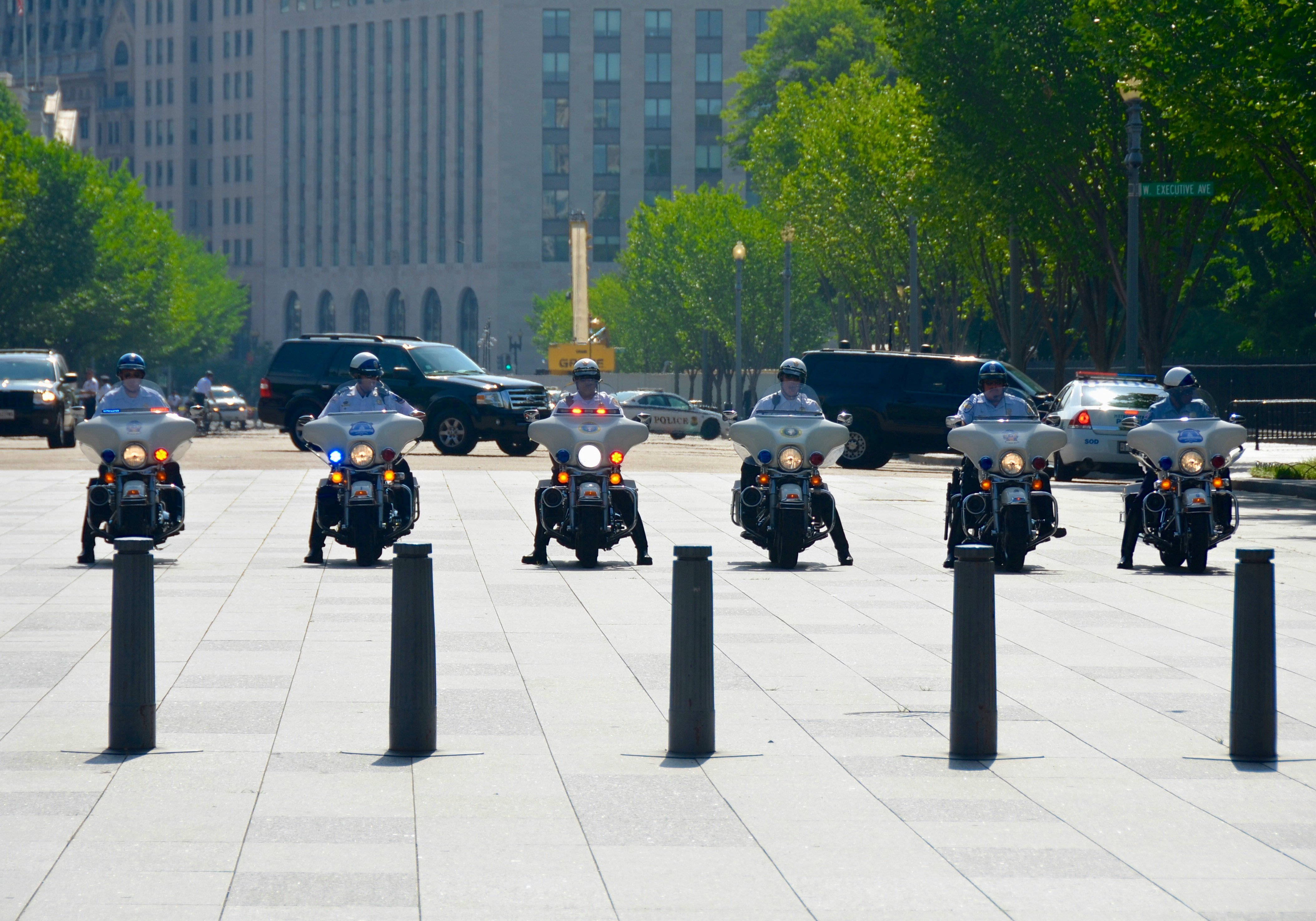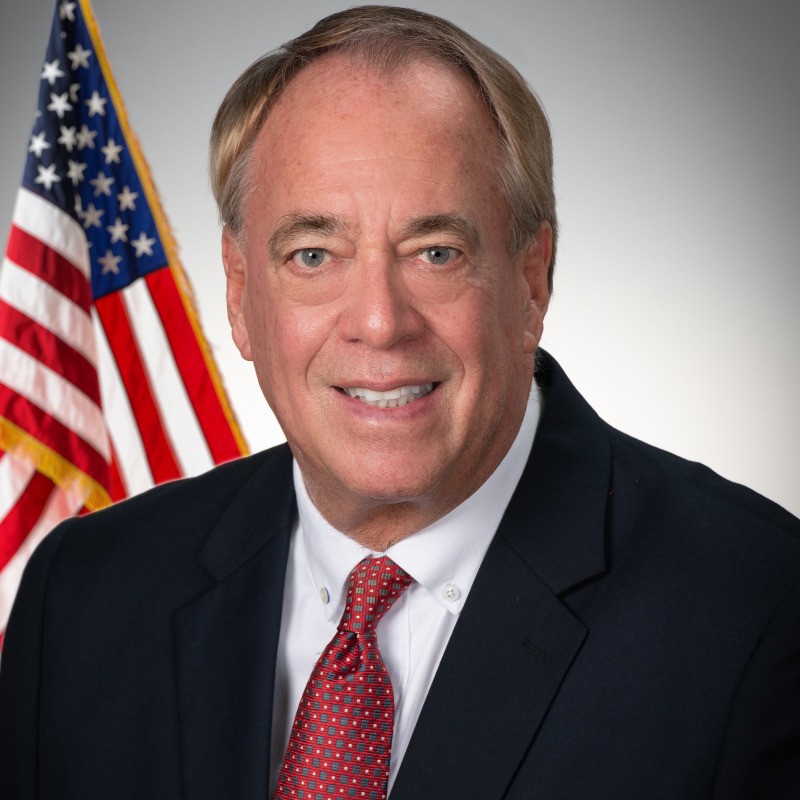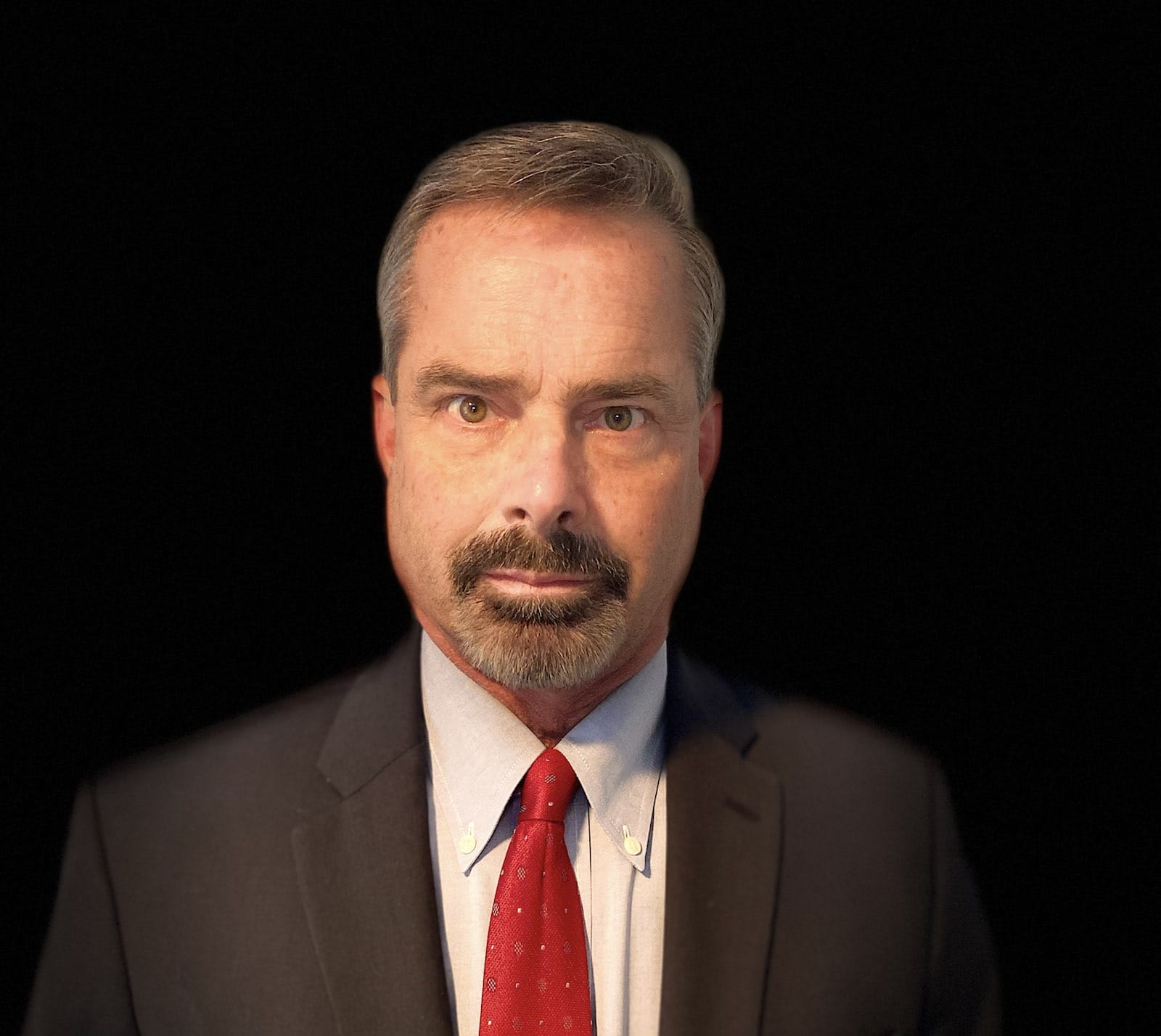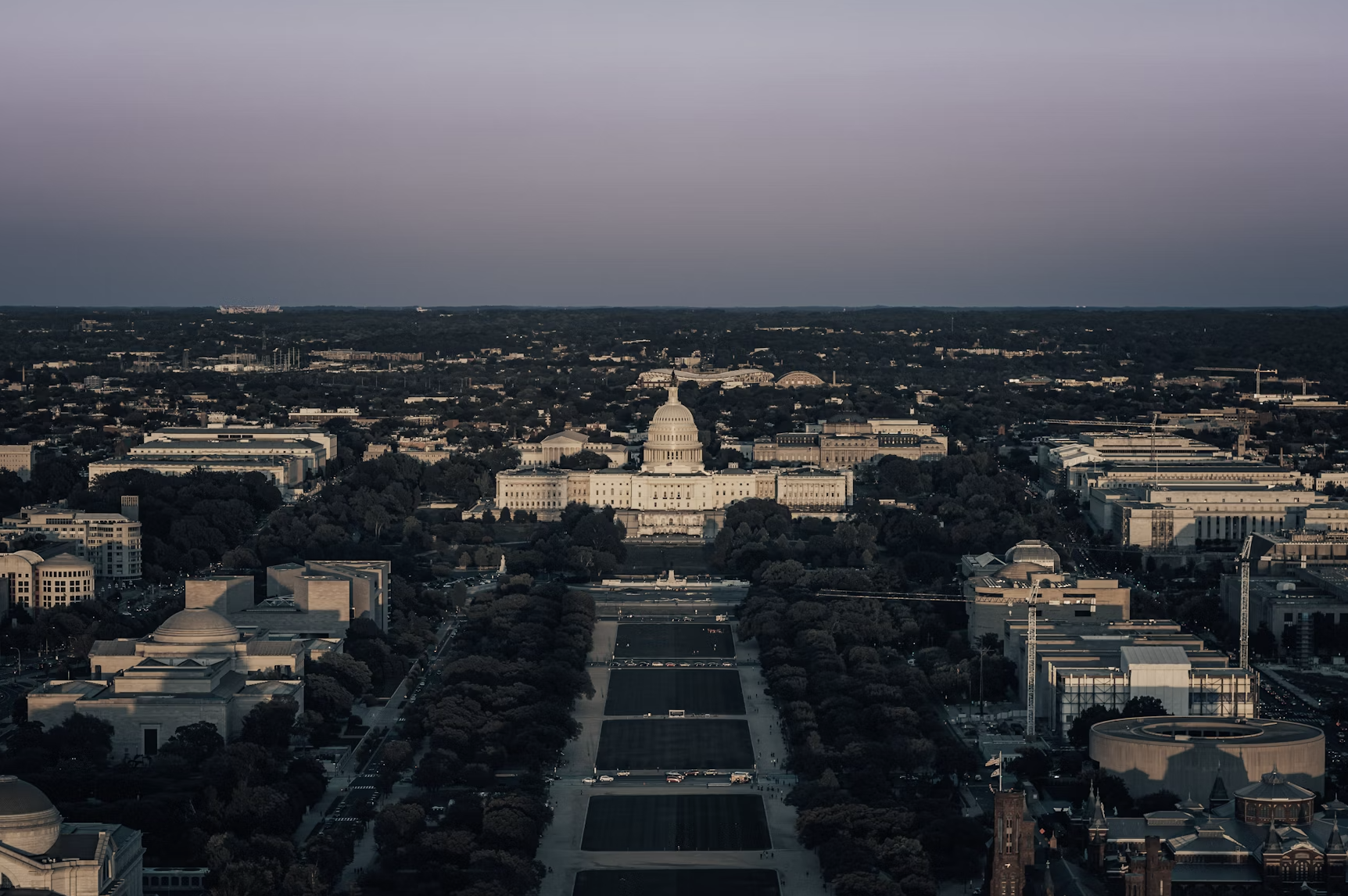
A closer look at secret security failures and the importance of coordinated efforts
September 13, 2024
The Secret Service has a reputation for elite protection. Unfortunately, the agency also has a history of high-profile failures.
The 1963 assassination of President John F. Kennedy in Dallas shocked the nation and exposed flaws in motorcade security. In 1968, Robert Kennedy was assassinated while campaigning, raising concerns over protecting candidates at public events.
Martin Luther King Jr.’s 1968 assassination further revealed gaps in safeguarding prominent figures. The 1981 attempt on President Ronald Reagan, where he was shot despite being surrounded by agents, emphasized the need for better threat detection and rapid response protocols.
Since Reagan’s close brush with a deranged gunman in 1981, no American president has been caught in the crosshairs of an assassin until the rally in Butler, Pennsylvania. As the next U.S. presidential election draws near and rallies and debates increase, security concerns have intensified, and the need to evaluate security at major political events is essential.
Recent Security Missteps by the Secret Service
The Secret Service has faced scrutiny for high-profile security lapses.
2014 – After jumping the White House fence, 42-year-old Omar Gonzalez, armed with a three-and-a-half-inch folding knife, made his way past the front entrance, through the main hall, and into the East Room, where he was apprehended.
2020 – The Secret Service alert level on the White House was elevated from “yellow” to “red,” after multiple protesters crossed over fences erected to create a larger barrier around the White House.
2021 – January 6 insurrection.
2023 – An unknown man walked into President Biden’s national security adviser, Jake Sullivan, home in the middle of the night without being detected by agents guarding his house. While Sullivan has a round-the-clock Secret Service detail, agents outside the house were unaware that an intruder had gotten inside.
The Assassination Attempt on Trump at the Pennsylvania Rally
On July 13, 2024, a gunman armed with an AR-style rifle opened fire at Trump’s rally in Pennsylvania. The shooter managed to get within 150 meters of Trump, a shockingly close distance for an open-air event.
Although the Secret Service’s tactical team neutralized the shooter, this breach revealed critical gaps in site surveillance and crowd control.
The Secret Service typically designates a security perimeter and is responsible for protecting and screening the buildings and people within that perimeter.
At the rally, video footage shows how the gunman was able to reach an elevated position without being detected. The shooter scaled a building just outside that perimeter, about 148 meters away from Trump’s podium. CNN reported that the Secret Service did not sweep it due to its location. Instead, the Secret Service declared that local law enforcement was responsible for that area. Thus illustrating a need for more comprehensive perimeter checks, tighter venue security, and coordinated efforts between security agencies.
In all fairness, there is a ton of coordination and intelligence sharing between agencies on Presidential protection as well as on many other national security issues – terrorism, human and drug trafficking, money laundering, financial crimes, etc. Butler was truly an anomaly, and how an assassin got on a rooftop within 150 meters is completely perplexing. Nonetheless, it can always be better, and these incidents highlight the urgent need for improvements in threat detection and management.
The Importance of Coordinated Efforts
To prevent similar incidents, cooperation between the Secret Service, local and federal police, and private security agencies is vital. Local law enforcement brings invaluable area knowledge and can supplement federal resources. Federal agencies like the FBI provide intelligence support and rapid response teams.
Meanwhile, private security can be instrumental in crowd management and onsite surveillance. An example of successful coordination was seen during the 2020 Republican National Convention, where integrated efforts resulted in the smooth execution of security protocols across different agencies.
Straife's training services offer practical, on-the-ground guidance through in-person workshops, simulations, and courses. The programs enhance national and international law enforcement agencies' operational efficiency and preparedness. By covering a range of critical areas – from security threat assessments to counterterrorism operations and resiliency planning – Straife ensures that participants are equipped to handle both immediate and long-term challenges.
Key Security Measures for Future Presidential Debates
As presidential debates approach, the Secret Service must implement tighter measures to mitigate threats. Key recommendations include:
- Enhanced Surveillance: Deploy more sophisticated technology, such as drones and thermal cameras, for wider area coverage.
- Screening and Crowd Management: Improve vetting of rally attendees through enhanced screening protocols using biometric data. Work closely with local law enforcement to establish secure perimeters, particularly at open-air events, and improve screening processes.
- Perimeter Security: Establish multiple layers of security beyond the immediate venue, including coordination with local law enforcement.
- Sniper Detection Systems: Increase the use of sniper-detection systems at venues to spot potential threats from long-range distances. Deploy sniper detection technology to cover all angles and prevent long-range attacks.
- Joint Training Drills: Conduct drills that include Secret Service agents, local police, and private security to ensure seamless responses to any potential threats. Coordinated law enforcement efforts rely on comprehensive training programs to address complex security challenges. Straife supports law enforcement agencies through its expert-driven training in safeguarding public safety and improving operational outcomes in high-risk environments.
The Secret Service can better safeguard future presidential debates and political events by bolstering collaboration across security agencies and enhancing on-the-ground measures. Through task force operations, joint investigations, and intelligence program development, Straife fosters stronger communication and coordination across borders. This ensures a unified response to transnational crimes and terrorist events, maximizing both asset protection and human safety.



Stay connected
Subscribe to receive the latest risk management news, research, and more, delivered right to your inbox.


